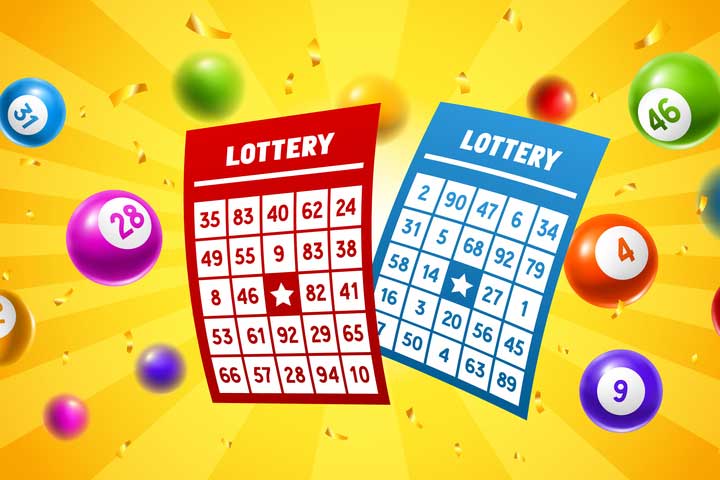
The lottery is a popular form of gambling that has captured the attention of people around the world. It is a game of chance that offers the tantalizing possibility of becoming an overnight millionaire. The thrill of the draw and the possibility of winning big has made lottery games a part of the culture in many countries. Players line up outside convenience stores or purchase tickets online in hopes of winning the elusive jackpot. Let’s take a closer look at the fascination behind this game of luck.
The origins of the lottery can be traced back to ancient civilizations, where it was used as a means of generating funds for public projects like building roads, temples, and walls. However, the first recorded lottery was in China during the Han Dynasty around 205 BC. It was called “Keno” and was used to finance the building of the Great Wall of China. From there, the lottery spread to Europe and eventually to the United States in the 19th century.
The concept of a lottery is simple – players purchase a ticket with a set of numbers, and if those numbers are drawn, they win a prize. The game has evolved over the years, and now there are different types of lotteries with varying payouts and rules. Some lotteries involve selecting numbers from a pool of 49 or 59, while others include bonus numbers or require players to match numbers in a specific order.
One of the biggest appeals of the หวย24 is the chance to win a significant amount of money with a small investment. Tickets are usually affordable, with prices ranging from a few dollars to a few pounds. This accessibility makes it easy for anyone to participate, regardless of their income or social status. Additionally, the excitement of the draw itself is another factor that draws people in. The moment the numbers are revealed, the room is filled with anticipation and hope.
But with the thrill of winning comes the heartache of losing. The odds of winning a lottery jackpot can be quite low, with some games having odds as low as 1 in 175 million. This means that for every winner, there are millions of players who don’t win anything. Despite this, people continue to play, driven by the dream of striking it rich.
The lottery has also been a source of controversy, with some people arguing that it exploits those who are economically disadvantaged. The lure of easy money can lead people to spend large sums of money on lottery tickets, hoping for a better life. However, studies have shown that lottery players come from all income brackets, and for many, purchasing a ticket is just a form of entertainment.
Lotteries are also a significant source of revenue for governments, with a portion of the ticket sales going towards various public programs. In the US alone, lottery sales generated over $91 billion in revenue in 2019, with a significant portion going towards funding education.
Despite the controversies and low odds of winning, the lottery remains a popular game for millions around the world. It has become ingrained in our culture, with many people lining up weekly to purchase their lucky numbers or joining office lottery pools. The idea of winning millions of dollars with a simple ticket is an appealing and exciting concept that keeps people coming back for more.
In conclusion, the lottery is a game of luck that has captured the imagination of people for centuries. From its humble beginnings in ancient civilizations to its current state as a multi-billion dollar industry, the lottery remains a popular pastime for many. Whether you play every week or are just curious about the buzz, the lottery continues to fascinate with its promise of a life-changing win.